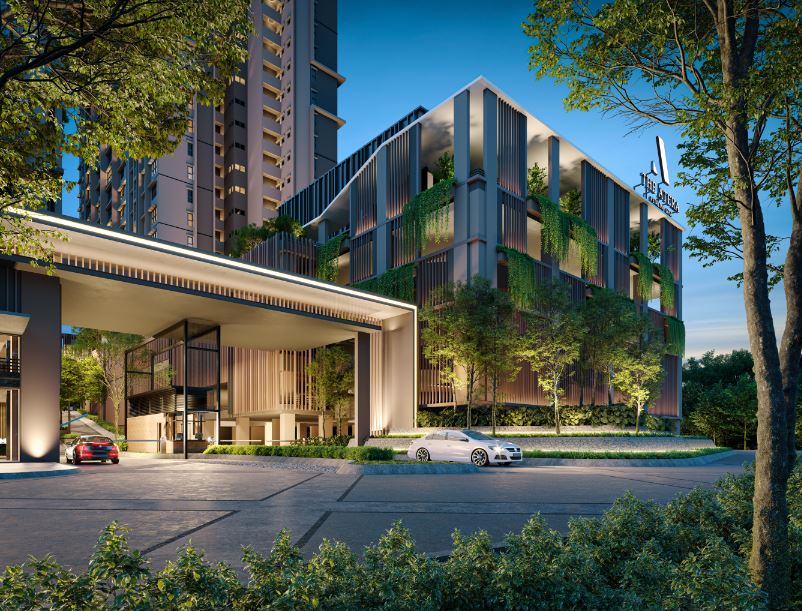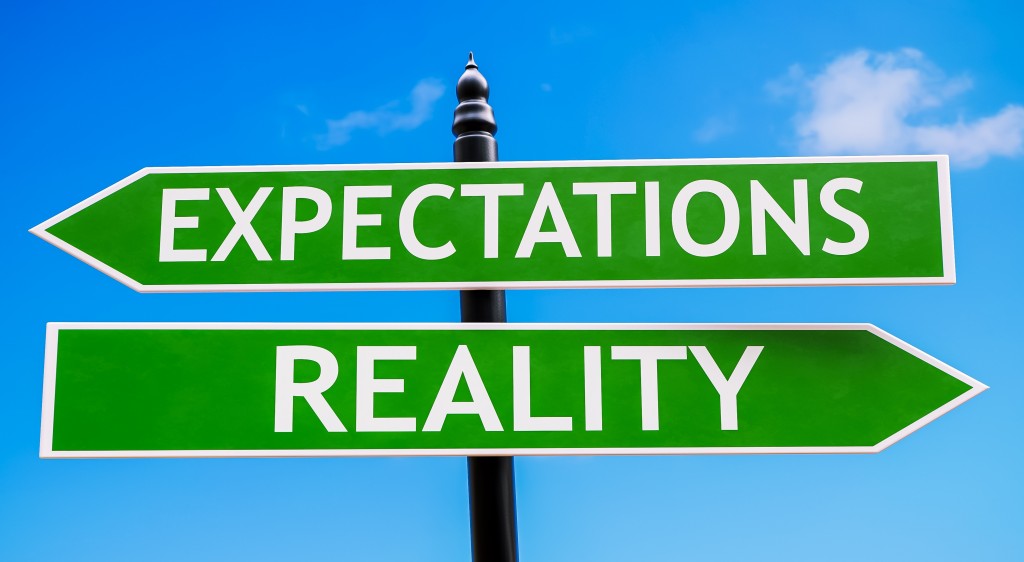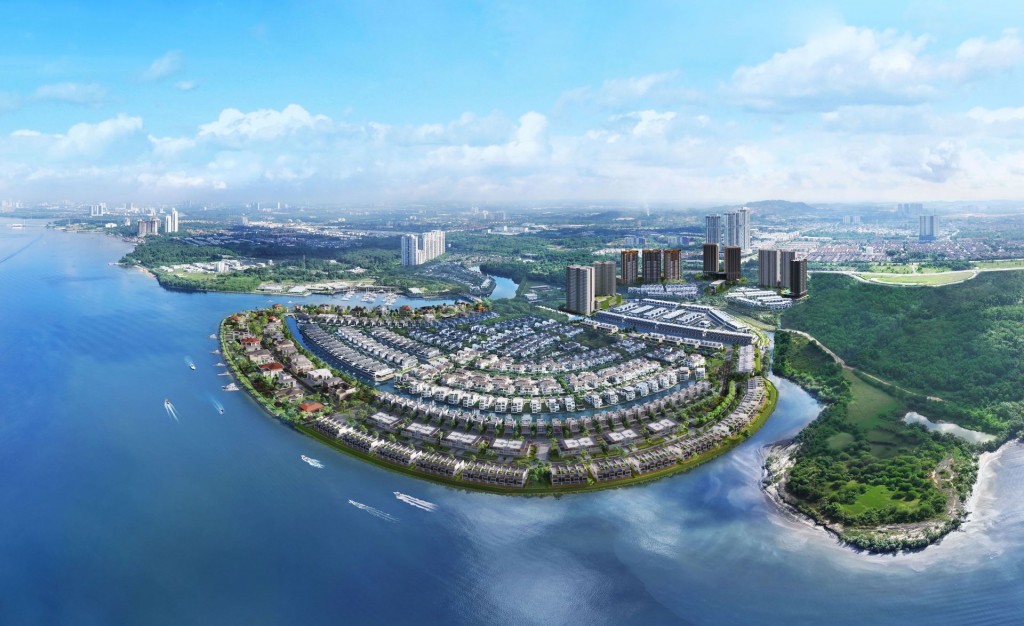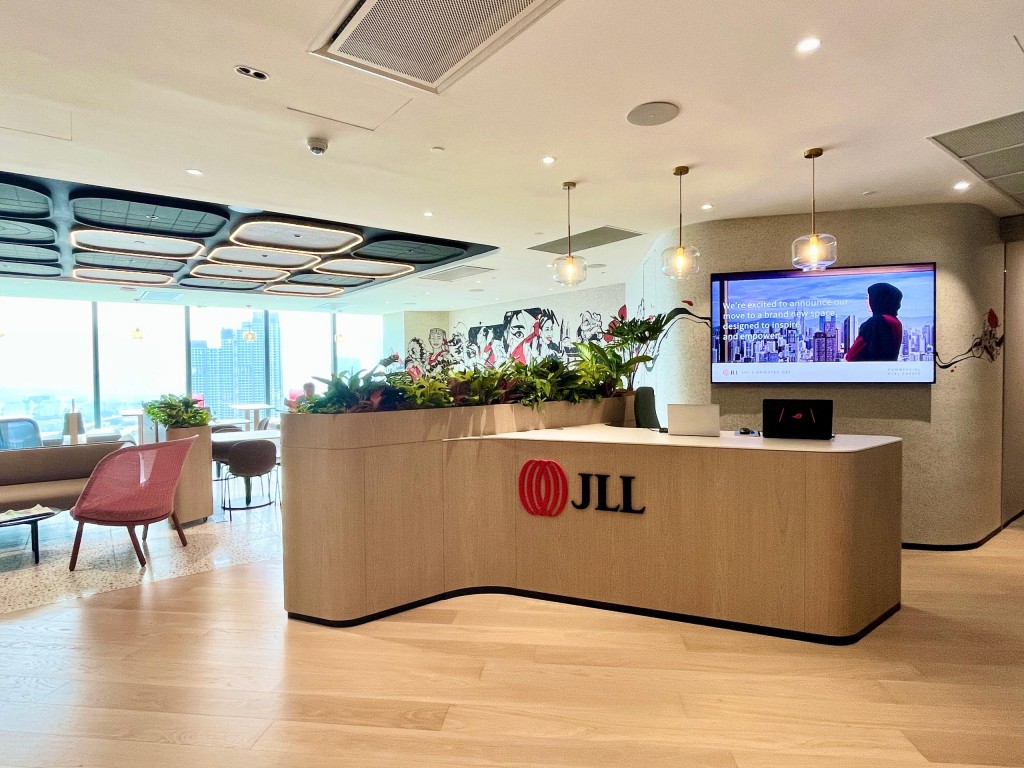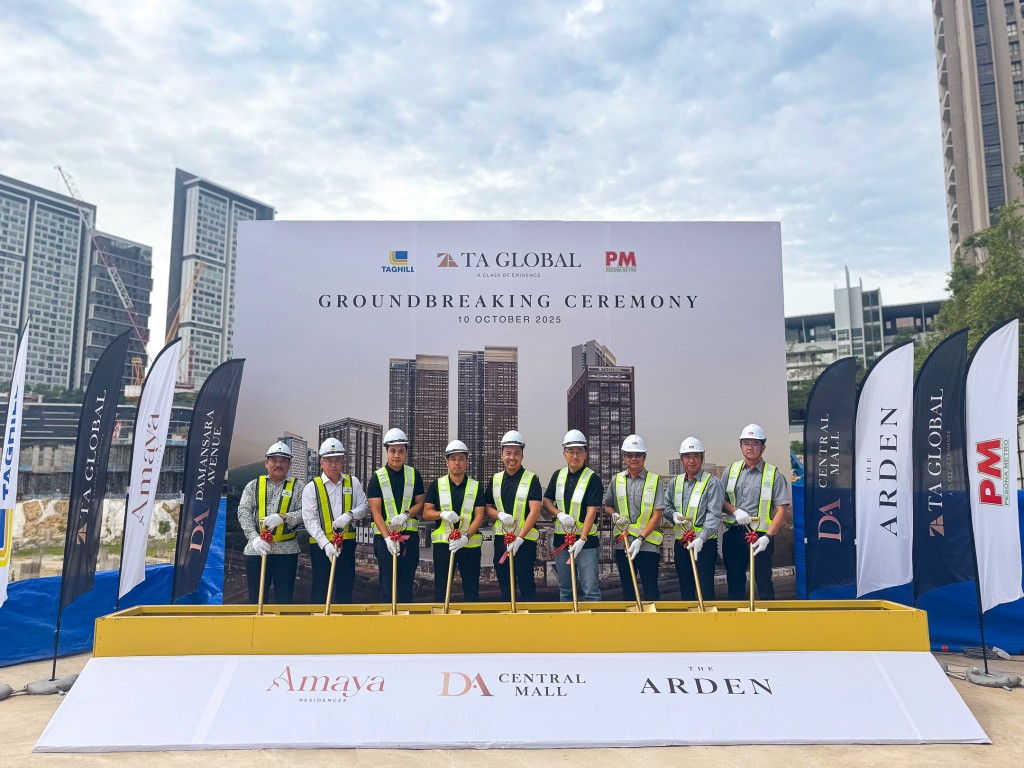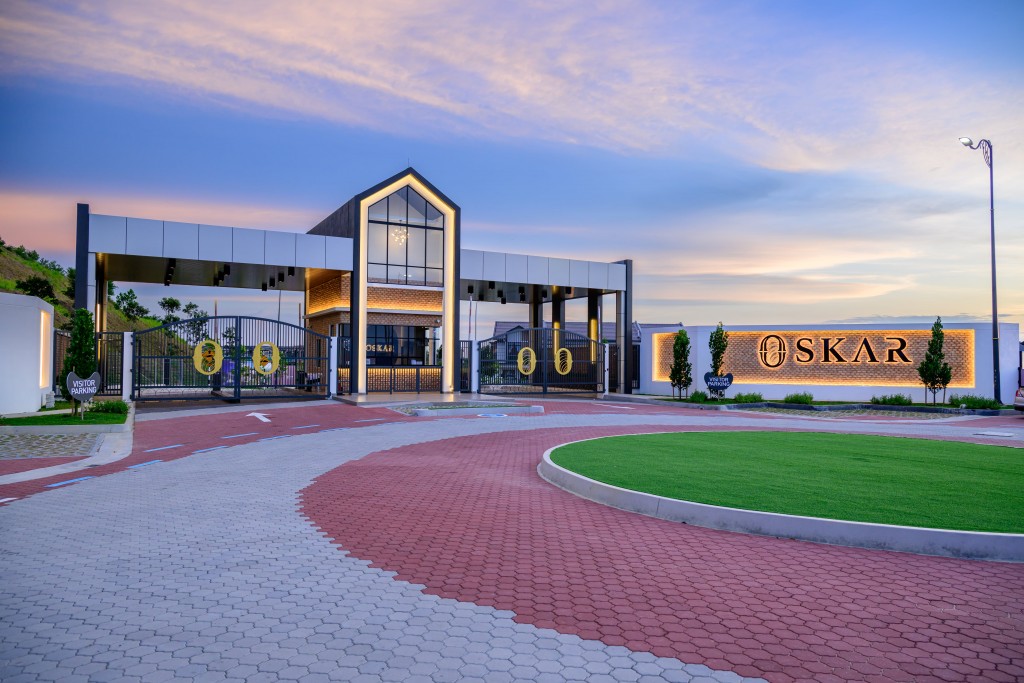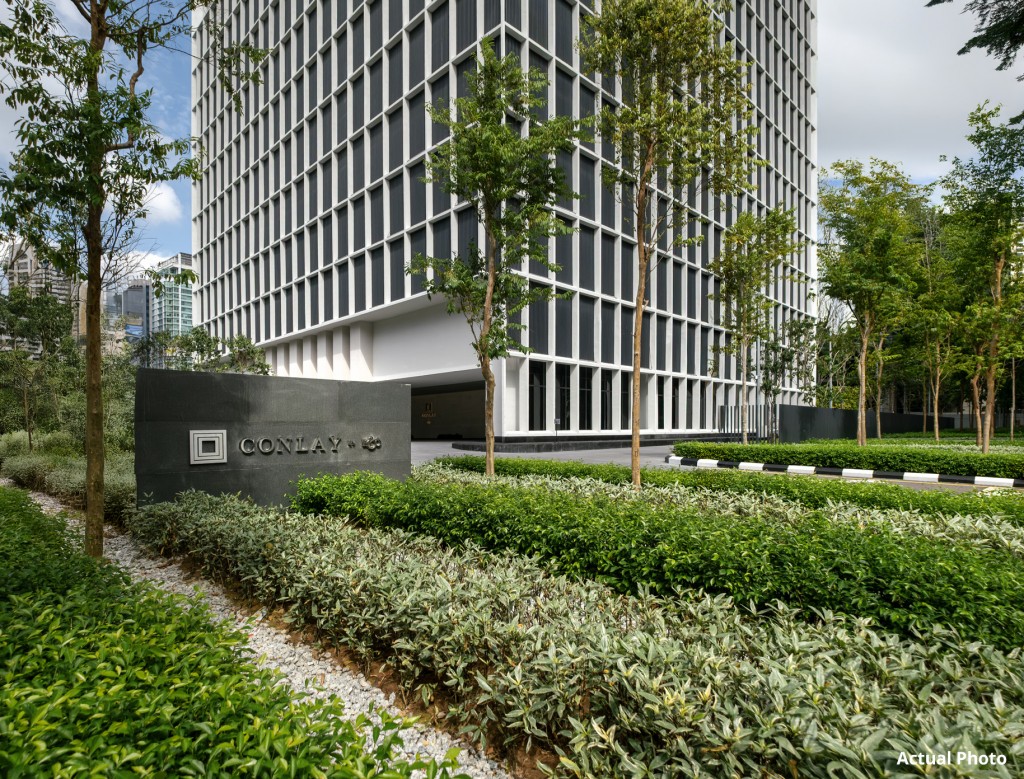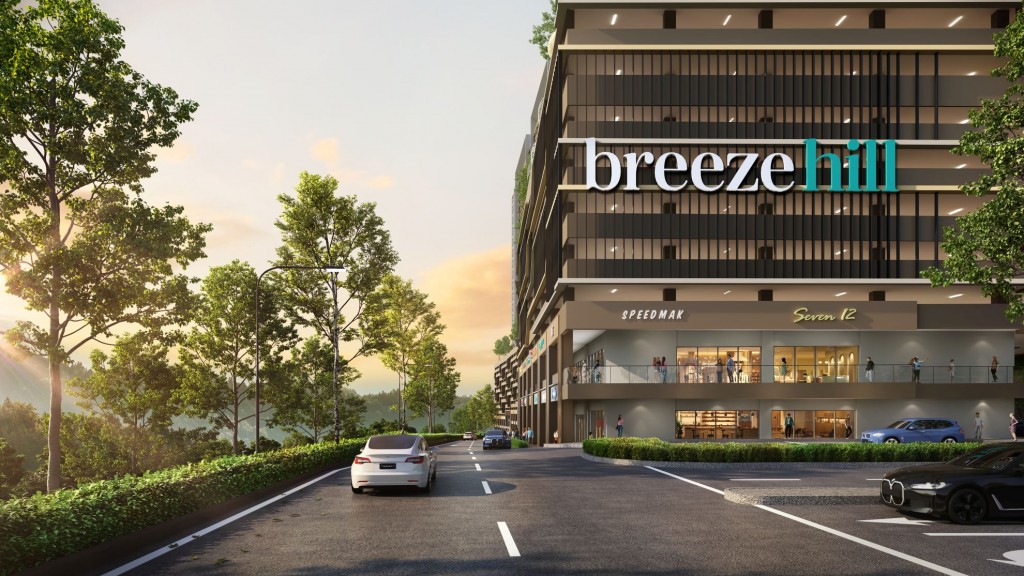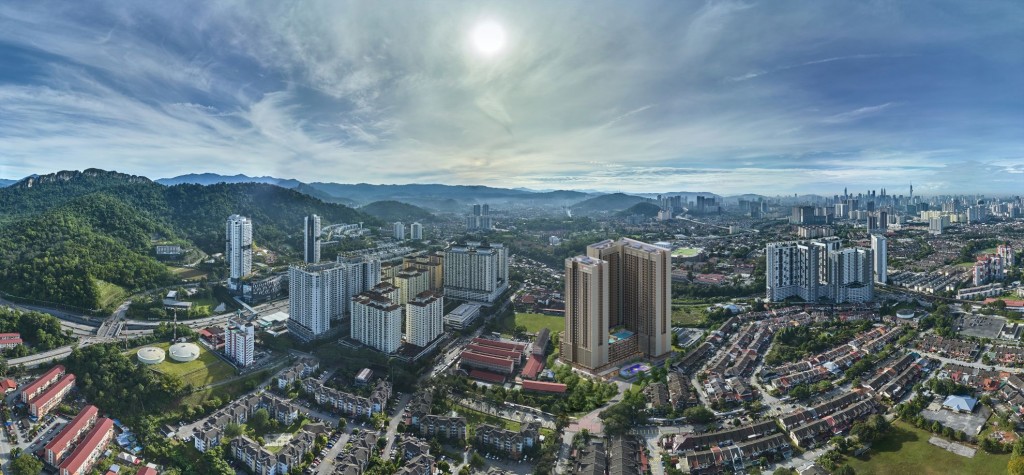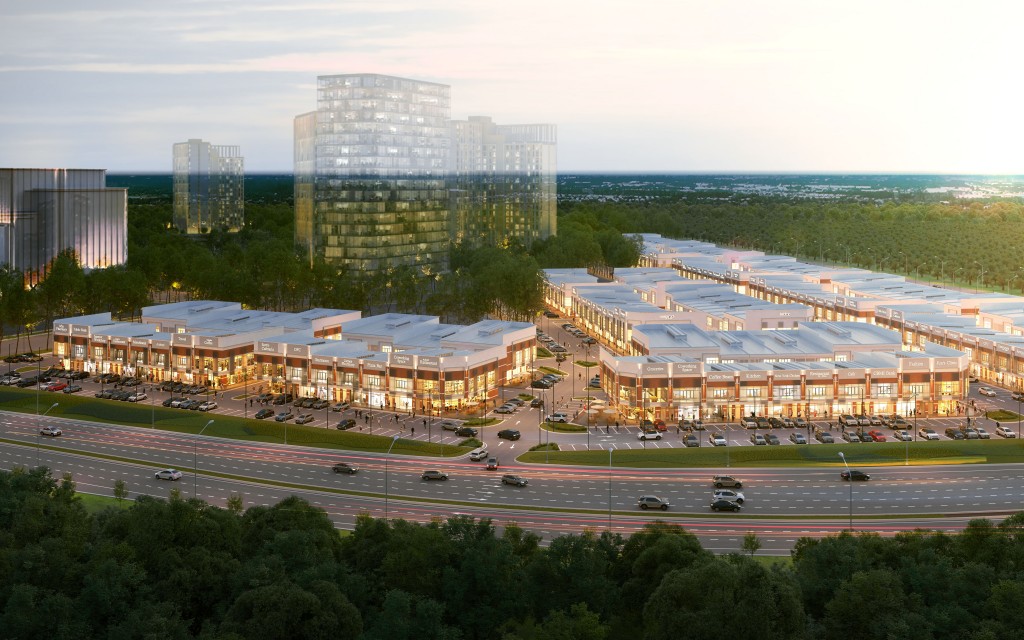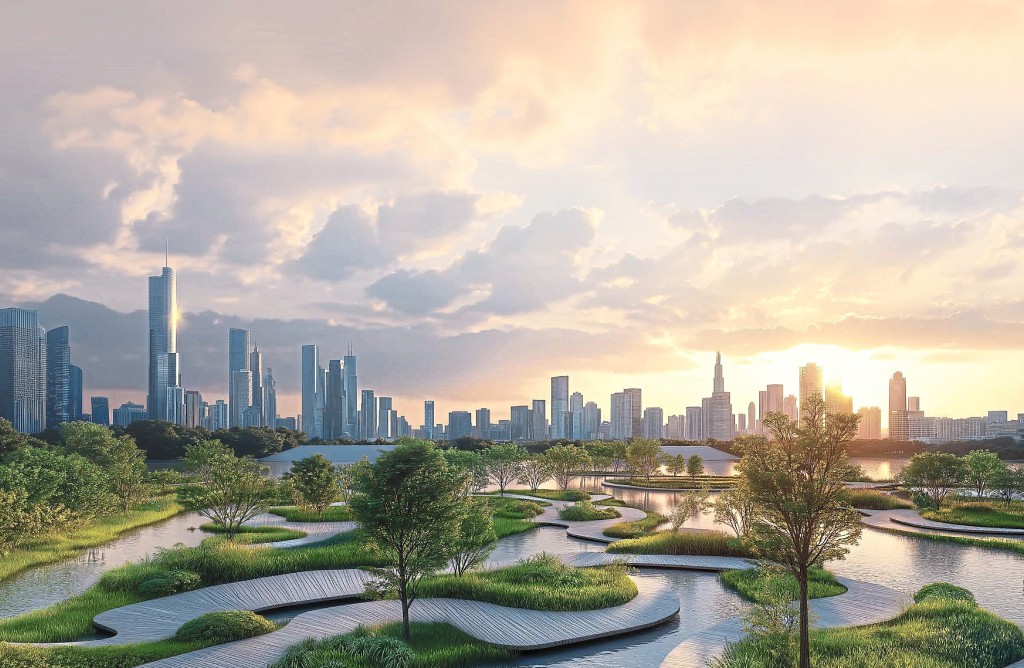Report by JLL and The Business of Cities reveals seven key global cities and what keeps them ahead of the pack
SINGAPORE: Four Asian cities are among the top seven most competitive cities in the world, with Singapore, Tokyo, Hong Kong and Seoul among the ‘Big Seven’, following behind London, New York and Paris, according to a report by real estate consultant JLL and city intelligence and strategy group, The Business of Cities.
The studies include analysis of 44 of the most robust city, with the South Korean capital as the new addition in 2017, while the other Asian cities have been included since 2013.
“Seoul has stepped up to join the top six ‘Established World Cities’ due to increasing openness, excellent digital connectivity, the presence of innovative global firms and robust infrastructure,” said JLL director of global research Jeremy Kelly.
According to the statement, Singapore, which ranks at number four of the seven, continues to build its position as a truly global gateway, with an emphasis on being a smart city.
Kelly said to retain its ranking as a global city, Singapore needs to continue fostering its innovation economy and presenting itself as a hub for talent and business.”
Similarly, Hong Kong, in sixth place, continues to punch above its weight as a global city. However, it faces stiff competition from other Chinese cities, with questions raised over its future direction due to political uncertainties, and affordability issues.
“Hong Kong faces both challenges and opportunities from increasing integration with China,” JLL Asia Pacific head of research Dr Megan Walters.
Tokyo climbs back up rankings after slipping in past years. Tokyo currently places at fifth position in the top seven ‘Established World Cities’ list, an improvement on its sixth position in 2015.
The ‘Big Seven’ form a coherent group with shared challenges and imperatives relating to affordability, infrastructure financing, regional growth management and relationships with their nation-states.
In Asia, issues such as poor air quality and income inequality could potentially hamper government's’ efforts to move up the city rankings. City growth is also impacted by geopolitical uncertainties - the rise of protectionism across the globe and military escalations in Asia have all altered perceptions about which cities appear to be ‘safe bets’ or present higher risks for investors.
As more cities are becoming competitive, a second tier group of 10 ‘Contenders’ has emerged, close on the heels of the ‘Big Seven’. According to the report, China’s ‘Alpha Cities’ – Beijing and Shanghai – are part of this rising group of emerging hubs as the country’s Belt and Road Initiative represents the next step in these cities’ global pathway.
The other ‘Contender’ cities identified globally are Los Angeles, Amsterdam, Chicago, San Francisco, Toronto, Madrid, Sydney and Washington DC.
With more than 300 city indices currently measuring all aspects of urban life, The Universe of City Indices 2017: Decoding City Performance includes an analysis of 44 of them spanning seven factors: corporate presence, city gateway function, market size, infrastructure platform, access to talent, specialisation and innovation, and soft power.
For more information, download our “The Universe of City Indices 2017: Decoding City Performance” report.






